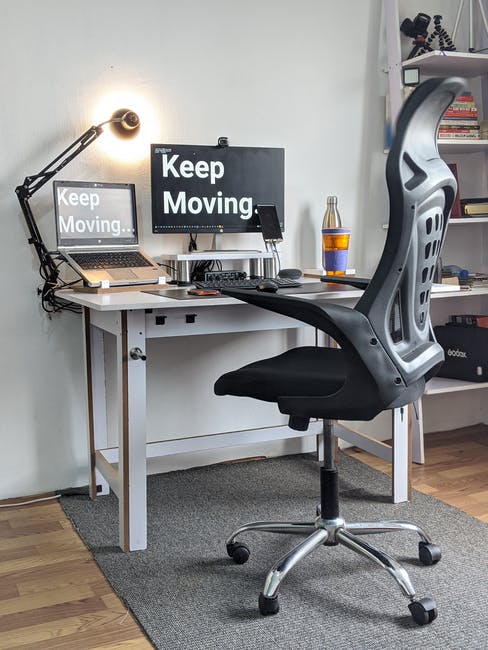Plus 4 Reasons Why Ergonomics Works
The practice of incorporating ergonomics into the workplace was once a frivolous idea. But in today’s faster-paced, more technical workplace, risks can lead to injury—or even death. Proper ergonomics is often the reason why people and processes work more efficiently.
So, imagine what improved efficiency could add to your business or, better yet, your bottom line. Here are some real reasons why ergonomics is important in the workplace.
Ergonomics Makes Workplaces Safer
Adding ergonomics to the workplace helps your company save time, effort, and money. The Occupational Safety and Health Administration (OSHA) recommends adding ergonomics to the workplace to optimize both worker skills and their output.
Take this example: imagine making an ice cream sundae without an ice cream scoop. An improper utensil makes it uncomfortable for an employee to perform repetitive tasks. So, you could be risking a Repetitive Stress Injury (RSI).
Safer Employees Work Smarter
Dealing with RSI costs go beyond money. When workers are injured, other expenses and line items are affected. Increases in insurance rates, lower resource reallocation, additional hiring and training expenses, and decreased team morale can all be prevented through proper ergonomics.
No company wants a compromised workforce or decreased production. So, ergonomic practices will keep your workers healthier, happier, safer—and increasingly loyal.
Safer Workplaces Benefit Employee Retention
Ergonomics in the workplace supports your organization’s health at all levels. Happy and healthy workers retain skills longer and maintain productivity rates, which benefits your customer relationships.
Here are four easy reasons why ergonomics in the workplace creates a safer environment.
- Ergonomics Preserves Vision
Ergonomically designed workspaces protect workers’ vision and eye health. Wearing protective eye gear and training workers on safety procedures saves business owners both time and resources.
Proper lighting decreases eye strain and the risk for errors. Appropriate lighting can set the tone for any workspace activity. Studies show that windows and fresh air positively affect both physical and mental health. So, add natural light whenever possible.
BONUS: Ergonomically friendly workplaces often scramble less to pass regulatory inspections. Check out this OSHA ergonomics guide for lighting suggestions and more.
- Ergonomics Improves Breathability
Smells are essential to an ergonomically designed productive workspace. No, this doesn’t mean essential oils. Unplanned chemical interactions can burn eyes, cause rashes, and endanger breathing—all leading to costly disruptions.
- Ergonomics Reduces Muscle Strain
Ergonomically designed workspaces reduce worker stress and muscle strain as well as improve efficiency. Comfortable workers are productive workers. Unsurprisingly, disruptive sounds can distract worker productivity. So, businesses that protect workers’ senses can easily see an ROI in enhanced focus and productivity, training and quality, and decreased distractions and injuries.
- Ergonomics Benefits the Body
Studies show that it is important for the human body to move throughout the day. Productivity improves when workers take regular breaks to move around. But when workers are more stationary, McClure Ergonomics Consulting recommends using ergonomics in the workplace to maintain productivity. A recent study by Herman Miller and Texas A&M shows how the right chair can influence both cognition and the body’s ability to handle stress.
Ergonomics Today
Investing resources into ergonomics in the workplace will directly enhance your company’s profits and worker satisfaction. Healthier and safer workers enhance customer satisfaction—and produce better deliverables. And better deliverables mean more profits. So, everyone benefits when ergonomics is at work.
Contacting McClure Ergonomics Consulting is your first step in exceeding your organization’s goals.
Safeguard your employees from harm & help ensure business profitability.
Call McClure Ergonomics Consulting TODAY for your first consultation!

